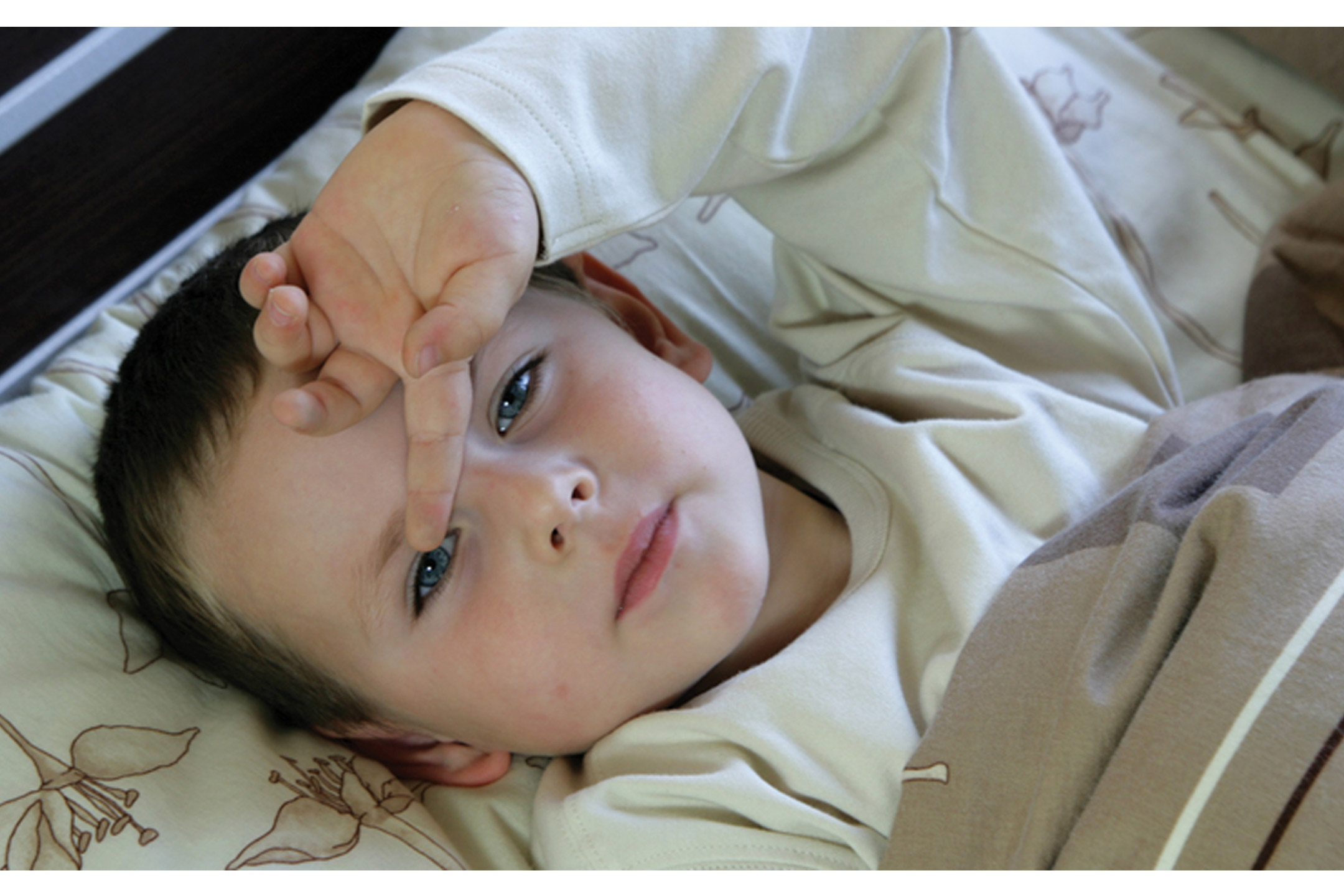
11 Sep Why an early diagnosis of Juvenile Arthritis should be fully supported
A shocking shortfall in the care provided to the 3,000 children suffering from Juvenile Idiopathic Arthritis (JIA) in New South Wales (NSW), has been highlighted by Minister for Health and Medical Research, Brad Hazzard in response to Parliamentary questions, according to Peak Body, Arthritis New South Wales (Arthritis NSW).
JIA affects three in 1,000[2] children in the state, who suffer from chronic joint pain and fatigue, as well as increased risk from preventable complications such as permanent joint disability and sight-threatening eye inflammation, which can be managed with early diagnosis and intervention.
Today, the average JIA patient spends 10 months[3] struggling to be diagnosed from the onset of symptoms says Sandra Vincent, CEO of Peak Body, Arthritis NSW. “Four out of 10 (40%4) children with arthritis wait six months from symptom onset until diagnosis and 15%4 wait 12 months. On average, these patients present their symptoms to four or five4 different professionals before the diagnosis is even considered, showing that even health care practitioners don’t think that children can get arthritis.”
JIA, is as prevalent as several similarly complex and incurable childhood diseases including childhood diabetes, cerebral palsy and cystic fibrosis
“The responses fail to acknowledge that there are just 22 hours of funded specialist care provided in NSW per week – equivalent to just over half (0.55) of a full-time position. This includes one part-time nurse and two part-time consultant paediatric rheumatologists – equating to seven times fewer specialists per capita than the national average,” adds Ms Vincent.
In addition to falling behind national standards, the lack of JIA resources in NSW is out of step with that provided to other paediatric conditions according to University of Sydney Associate Professor and former Director of its Diabetes Unit, Ruth Colagiuri, who co-founded the Juvenile Arthritis Foundation of Australia (JAFA) in August 2019 in consultation with Arthritis NSW, after her granddaughter was diagnosed with the condition.
“JIA, is as prevalent as several similarly complex and incurable childhood diseases including childhood diabetes[4], cerebral palsy[5] and cystic fibrosis[6]. Despite this, the provision of care for JIA is virtually non-existent compared, for example, with services for childhood diabetes. We think kids with JIA deserve better, it’s time they got access to the services they need to participate in life as actively as possible,” says Professor Colagiuri.
Research involving the carers of children with JIA in NSW has found that 56%[7] of families felt that obtaining a diagnosis for their child was difficult or very difficult. Reducing the stress and time of diagnosis can greatly impact the life of a child with JIA adds Ms Vincent, “Once a child is diagnosed, Arthritis NSW can step in and provide the support they need. Our young members frequently tell us that they don’t feel like their friends and teachers understand them or the effects of their condition because it can’t be seen. This often results in a reluctance to take part in physical activities and some will even hide their diagnosis altogether for fear of being treated differently. Arthritis NSW’s programs provide an invaluable, education and social experience for those living with JIA and their families.”
Arthritis NSW runs a number of initiatives for children with JIA which are solely funded by public and corporate donations. These include Camp Footloose, a week of physical activities including kayaking, climbing and archery for children nine to 18 years, and Camp Twinkle Toes, a weekend camp for children under nine and their parents.
“Currently Arthritis NSW is only able to help 45 children annually, that’s approximately 1.5% of the JIA population of NSW. Government funding and more corporate and public donations would allow us to extend these services and reduce the cost of attendance for our families,” adds Ms Vincent.
“We hope that the answers provided today by Minister Hazzard are the starting point of meaningful reform to help children with JIA, through the funding of better education for medical professionals, the provision of a multi-disciplinary team that is available to families in locations that are accessible to them, and support for programs that provide ongoing care for these kids. It’s time that children living with JIA received the support they need and deserve,” she concludes.
Information provided by Arthritis NSW
[2] Paediatric Rheumatology Consultant Workforce in Australia and New Zealand; the Current State of Play and Challenges for the Future, Feb 2016 https://preview.ncbi.nlm.nih.gov/m/pubmed/26864133/?i=22&from=singh-grewal
[3] Manners PJ (1999) Delay in diagnosing juvenile arthritis Med J Aust 171, 367–9. https://www.ncbi.nlm.nih.gov/pubmed/10590726
[4] Prevalence of type 1 diabetes among children ages 0-14 in Australia 2013 https://www.aihw.gov.au/reports/diabetes/type1-diabetes-among-children-aged-0-14-2013/contents/table-of-contents
[5] Australian Cerebral Palsy Register Report 2013 https://www.cerebralpalsy.org.au/wp-content/uploads/2013/04/ACPR-Report_Web_2013.pdf
[6] Australian Cystic Fibrosis Data Registry Annual Report 2015 https://www.cysticfibrosis.org.au/getmedia/d0718682-f382-4a99-b6e7-f06d31d8bc36/17P-0960-Cystic-Fibrosis-Annual-Report-FINAL.pdf.aspx
[7] Consumer Perspectives on Pediatric Rheumatology Care and Service Delivery https://www.aci.health.nsw.gov.au/__data/assets/pdf_file/0004/282226/Tong_et_al_Consumer_perspectives.pdf

